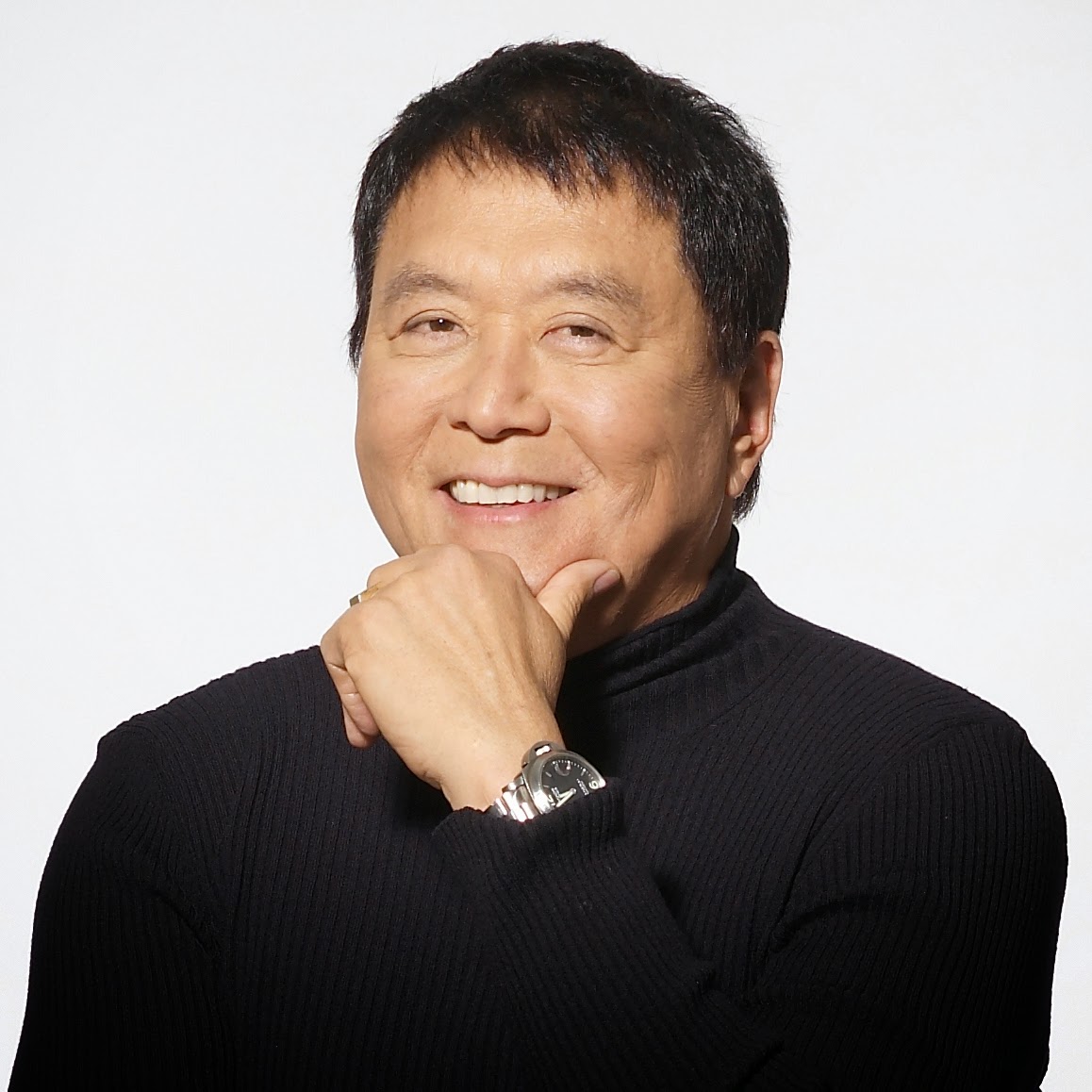Conspiracy of The Rich blog : Learn with Rich Dad Robert Kiyosaki how to Survive and thrive in today's economy, how to build assets, how to save money and increase your financial success, how to invest wisely and how to plan your path to financial achievement
Cash Flow vs. Capital Gains
 |
|
|
I am, first and foremost, an investor who looks for cash flow over capital gains. In the best scenarios, I am investing for both: cash flow and capital gains. I would also say that I invest as an entrepreneur. This means I am not a gambler. I want control over the investment. My desire for control means that I rarely invest in the stock market, bond market, or other traditional investment markets.
As an entrepreneur, I invest as a partner with another entrepreneur. I know the CEO personally, because he is my partner. I can call him (or her) at anytime because we are friends as well as partners. In most stock investments, I cannot do this. I recently invested in three oil wells. I invested as a 10% partner. That means I put up 10% of the money and receive 10% of the cash flow, or profits. As a partner, I also receive the tax breaks that partners receive. In the oil industry, I receive a 30% tax break on my initial investment and a 15% depletion allowance. Tax breaks, or incentives are another form of cash flow, or indirect income. If I invested in stocks, let’s say shares of Exxon, I would not share in tax breaks or cash flow. Most financial planners would say this is risky—and it is, if you do not have good partners.
Finding good partners is the key to success in anything, in business, in marriage and, especially, in investing. In simple terms, if I invest in stocks I invest in numbers of shares. When I invest as a partner, I invest for percentages of the business or the venture. The same is true when I invest in real estate or other business startups. I want to invest as a partner, not a shareholder. I want some control over the business. Most shareholders have little if any control over the companies in which they own stock, even if they own a million shares. In general, being a “traditional” investor is less risky, but it also comes with fewer rewards.- in Kitco
Rich Dad Poor Dad is the story of Robert Kiyosaki 's financial education. He had two 'dads' - one his real dad, who was poor, and the other, his best friend's dad, who was on his way to becoming a very rich man.

